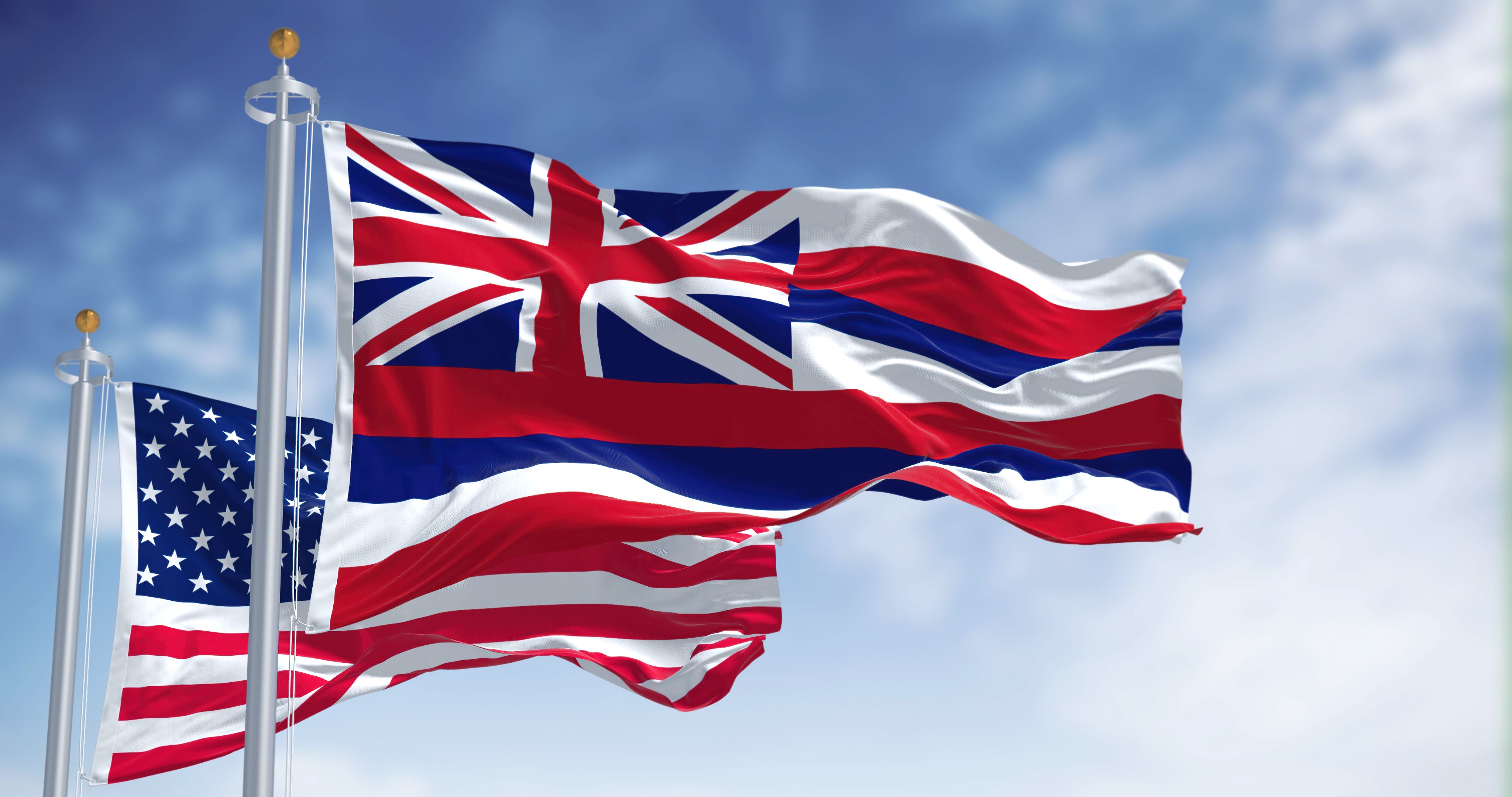Hawaii's Legal Status: Unveiling the Kingdom's Governance
Understanding Hawaii's Legal Status
Hawaii's legal status is a fascinating subject that delves into the island's rich history and complex political landscape. The Kingdom of Hawaii, established in 1795, was a sovereign nation until its annexation by the United States in 1898. Today, discussions about Hawaii's governance often explore the implications of its historical transition from a monarchy to a U.S. state.
Despite its modern status as the 50th state of the United States, questions about Hawaii's legal and political status continue to intrigue historians and legal scholars. These discussions are not merely academic; they have real-world implications for the people of Hawaii, particularly in terms of land rights and cultural preservation.

The Kingdom of Hawaii: A Historical Overview
The Kingdom of Hawaii was founded by King Kamehameha I, who united the Hawaiian Islands under his rule. The kingdom was recognized by major world powers, including the United States and Great Britain. This recognition was crucial for establishing Hawaii's international sovereignty and laid the groundwork for its complex legal status today.
Throughout the 19th century, Hawaii maintained its independence through strategic treaties and alliances. However, economic interests, particularly in the sugar industry, led to increased foreign influence and intervention. This culminated in the overthrow of Queen Liliʻuokalani in 1893, an event that remains controversial to this day.

The Overthrow and Annexation
The overthrow of Hawaii's monarchy was orchestrated by a group of American and European businessmen with vested interests in the islands. This led to the establishment of a provisional government and eventually the Republic of Hawaii. Despite protests from native Hawaiians and Queen Liliʻuokalani herself, the U.S. government annexed Hawaii in 1898.
The legality of the annexation has been debated for over a century. Many argue that it was an act of imperialism that violated international law and the rights of the Hawaiian people. Others see it as a strategic necessity at the time, influenced by geopolitical considerations during the Spanish-American War.

Modern Implications and Debates
Today, discussions about Hawaii's legal status often focus on issues of sovereignty and self-determination. Some native Hawaiians advocate for increased autonomy or even independence, citing historical grievances and cultural preservation as key reasons for their stance.
Legal scholars and political activists continue to explore these issues through various platforms, including academic conferences and grassroots movements. The debate over Hawaii's legal status is not just a historical curiosity; it is a living issue that affects the lives of many Hawaiians today.
Conclusion: The Path Forward
Understanding Hawaii's legal status requires a deep dive into its unique history and the complex dynamics of its governance. While Hawaii is firmly integrated into the United States as a state, questions about its past sovereignty and potential future remain relevant topics of discussion.
For those interested in learning more about this topic, engaging with local Hawaiian communities and exploring academic resources can provide valuable insights. As debates continue, one thing remains clear: Hawaii's legal status is an essential part of its identity and history.